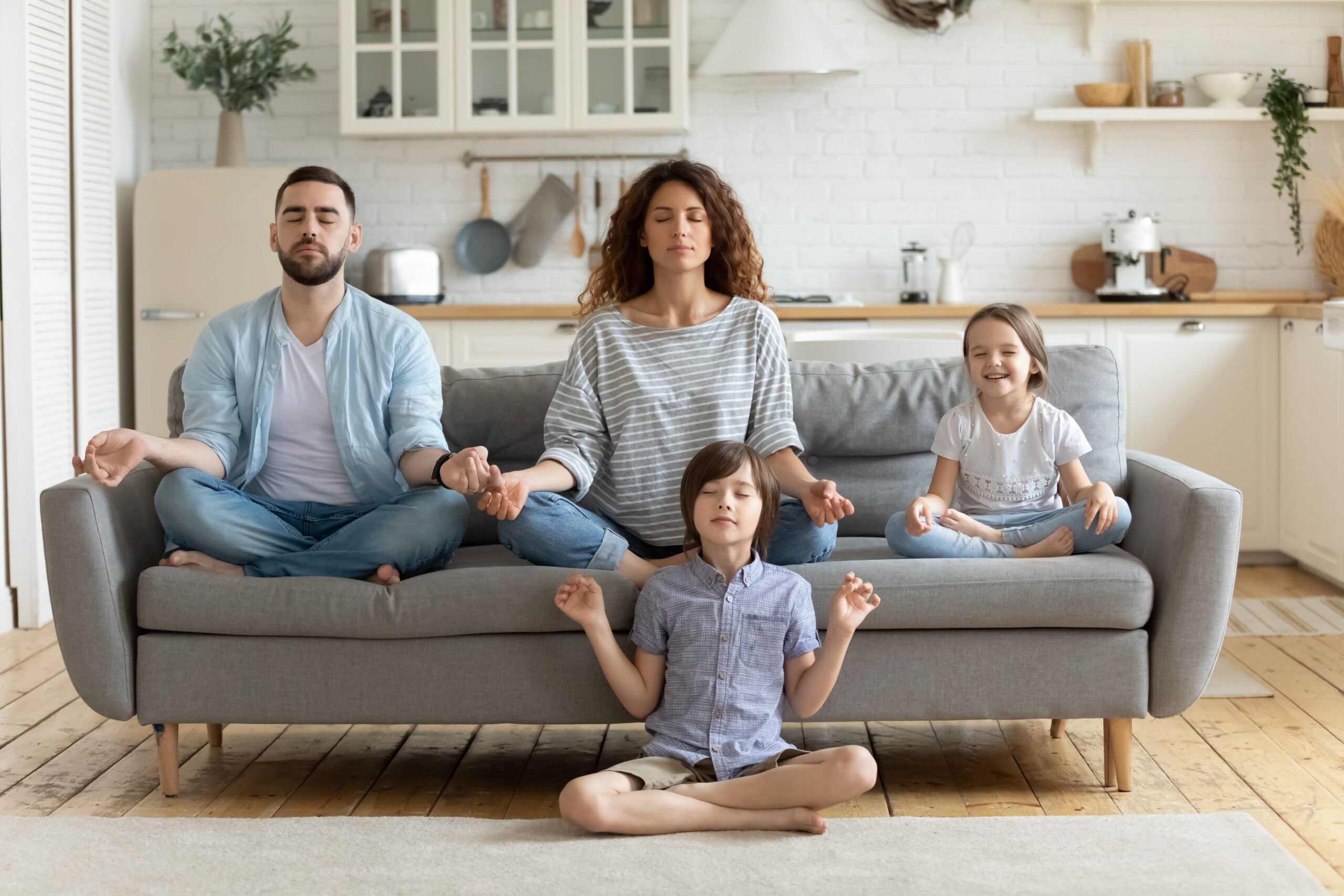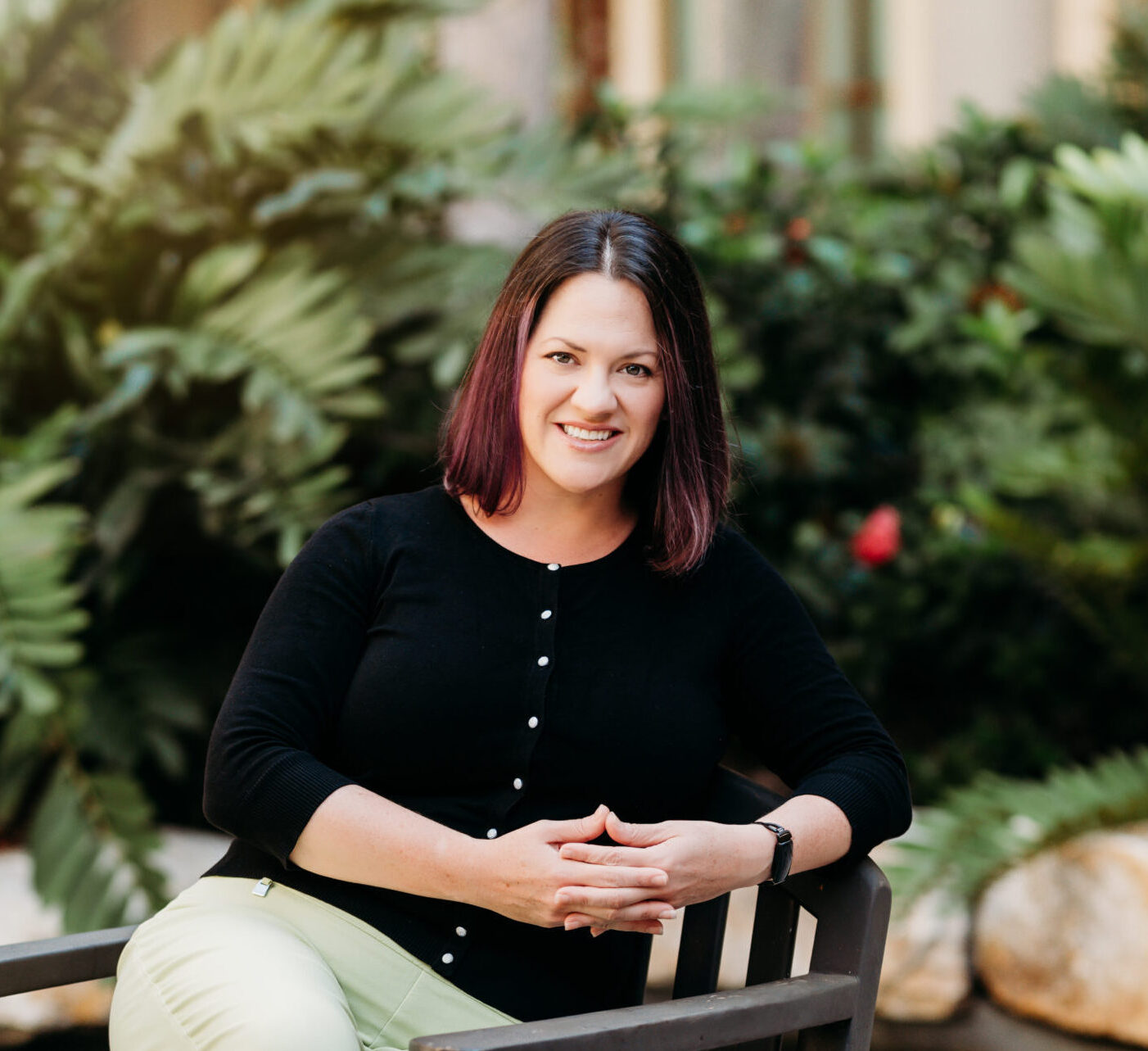
Who’s in therapy now? Working with children and teens is working with the family
At Harmony Harbor, when providing therapy for teens and children, we value active participation from adult family members. For example, we may:
- ask for parents or guardians to take the lead for the initial intake session before you even bring in your child or teen
- occasionally invite the parents to participate in separate therapy sessions (possibly with a separate therapist when in the best interest of the teen)
- connect for regular check-ins with their teen in session or by phone in between meetings
- require at least one parent to join them in the weekly DBT skills training groups
If you ever wondered “who’s in therapy now, anyway?” once you’ve started, or if you are thinking about getting started with therapy for your child or teen who is struggling with their emotions or behaviors at home, please read on. This blog’s for you.
As a counselor for youth, I approach therapy as a family-informed and involved process. Yes, I’m helping kiddos cope and learn new skills and giving them time and space to express themselves freely. However, parents often have an expectation that therapy might “fix” their kids. Perhaps because there is or was a more compliant kiddo in the house who seemed to work out just fine with the way parents have been running things in the household. Or parents are just doing what their parents did, raising their own families similar to the way they experienced growing up. Biosocial Theory in DBT (Dialectical Behavior Therapy) reminds us how each child is born with their own unique dispositions and needs, and sometimes, the struggle that brought them to therapy is about helping them navigate their needs (their nature) as well as helping others learn more effective strategies for working together at home (how they are nurtured).
Rebellious or “difficult” teenagers often benefit from the parents seeking therapy for themselves and/or being actively involved in the process with their children. Think about the power dynamic. Who has the control, and fears losing control or that harm may come to their child? Who wants more control and is most vulnerable? Who has the greatest capacity for self reflection and affecting change in the household? So often, the teen or child has comparatively little power as their parents to actually make things different in their environment or to make amends for the past.
In some ways, therapy with children and teens is similar to how an adult in therapy may reflect on their past relationships and family experiences, except the treatment is happening in real time. We are exploring how behaviors are caused one way or another. Sorting through the transactions between parents and teens, we find surprising ways our kids highlight, reflect, and push our buttons as adults, and that our reactions to them, along with their developing perception of the world, can create ineffective patterns and breakdowns within family relationships.
Even as therapy brings about new skills and a special supportive relationship to a kid’s life, the real work happens in the other 6 days and 23 hours of your week. Parents are a critical part of the team and part of the combined (often combustible) chemistry of the household. The ones with the most power and control, and capacity for big-picture self-reflection and change-making, should be actively involved in learning new skills and exploring household norms, too.

Written by:
Teen & Adult Psychotherapist, Drama & Expressive Arts Therapist

